Hydraulic pumps are the beating heart of truck tipper bodies, walking floors, and hydraulically driven accessories, but not any old pump will do – commercial vehicles require pumps that balance durability, efficiency, and reliability with demanding duty cycles.
Three standard options – piston, axis, and gear pumps – each serve distinct applications. Whether lifting a dump body or managing an equipment-laden utility truck, hydraulic pumps build the pressure and flow to operate critical gear.
Piston Pumps: Precision and Power
Piston pumps use cylinders and reciprocating pistons to generate fluid movement. As the pump shaft rotates, pistons cycle within their bores to intake and displace hydraulic oil. Piston pumps feature an engine-driven shaft and oscillating cylinder block to create this piston movement.
Features include pressures over 5000 PSI (350 bar), rapid cycling, and advanced control capabilities for precise equipment operation. Maintenance requirements are higher than other designs, but durability is unmatched for demanding applications like truck-mounted concrete pumps and tippers with wet kits.
Axis Pumps: Efficiency and Flexibility
Axis pumps build pressure through an angled swashplate that converts rotor torque into piston movement. As the pump shaft spins, pistons ride against the swashplate at an angle, creating a reciprocating motion to displace fluid. The swashplate tilt determines displacement – higher angles increase flow rates and pressure.
Benefits include dynamic flow control, rapid response times, and the ability to operate at higher revolutions per minute (RPMs) than piston pumps – perfect for high-speed truck tippers. Proper maintenance delivers a long service life, and the overall cost is relatively low for the power and performance. Axis pumps balance efficiency, flexibility, and simplicity.
Gear Pumps: Smooth and Reliable
The simplest yet most durable hydraulic pump gear models rely on meshed cog sets to physically move fluid between pump gears. As the gears spin, oil fills the cavity between the gear teeth and displaces under pressure. Gear pumps offer fixed displacement with flow rates tied to input shaft speeds.
Pressures typically fall between 1500 and 3800 PSI, suitable for accessory equipment but less suited for high-pressure demands. Perfected sealing and lubrication promote tremendous service life for smooth, quiet operation.
Which Pump Do I Need?
When selecting a hydraulic pump for truck equipment, match the pump capabilities to your performance requirements while considering initial costs and maintenance trade-offs, just as you would when looking at wet kit specs.
Piston pumps deliver precision control and high pressure for demanding applications like cranes or concrete pumps. Axis pumps provide flexibility and responsive flow control suited to tippers and lifts needing rapid cycle times. Economical gear pumps reliably operate accessories and medium-duty platform lifts.
Additional considerations include the hydraulic fluid used, desired pump speed range, average operating temperatures, and equipment duty cycles. Consulting manufacturer specifications will ensure you select the right pump type and optimal model to match equipment needs, hydraulic plumbing, and operating conditions. Trucks can efficiently power hydraulic accessories and work gear with an adequately specified system for years.






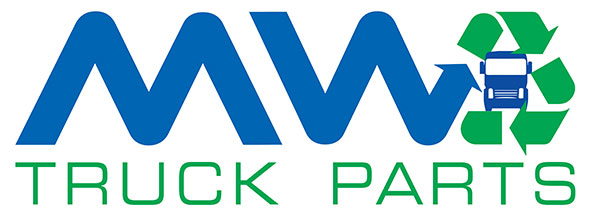
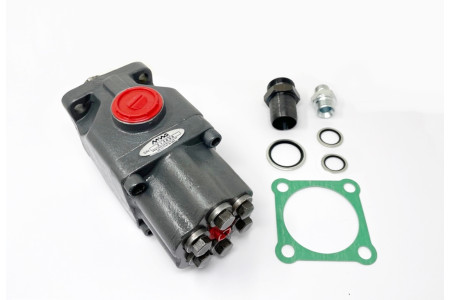
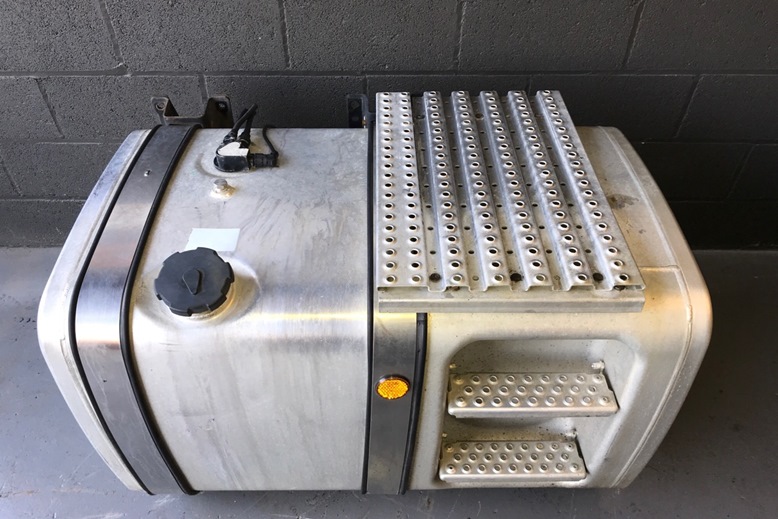

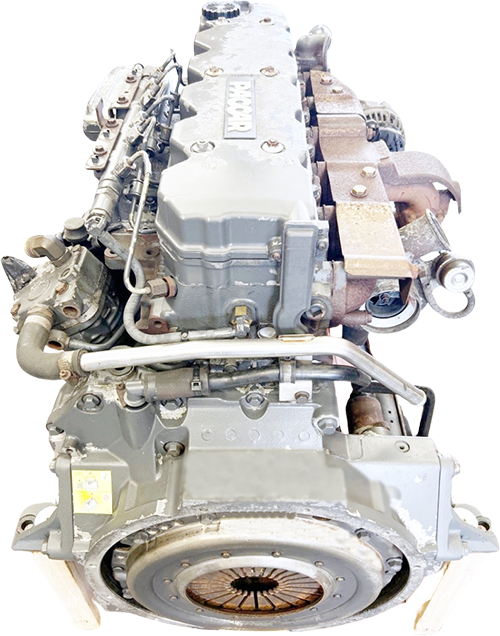
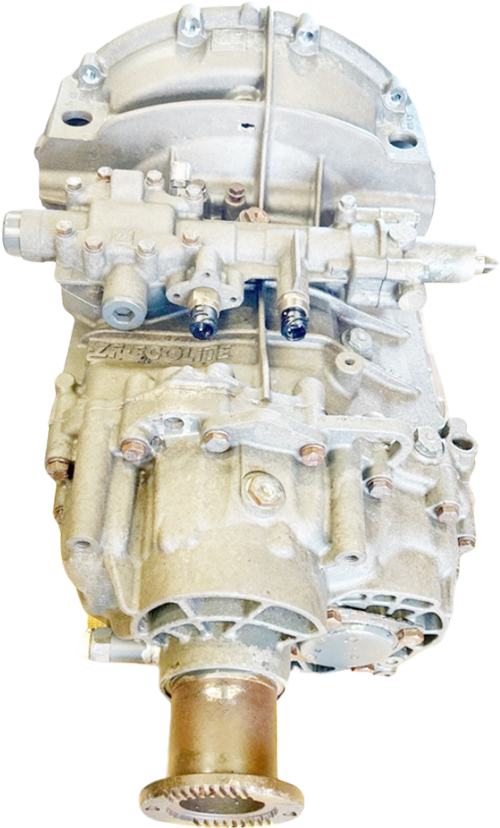
[…] Related: A guide to hydraulic oil pumps […]
[…] Related: Powering truck hydraulics: A guide to hydraulic oil pumps […]